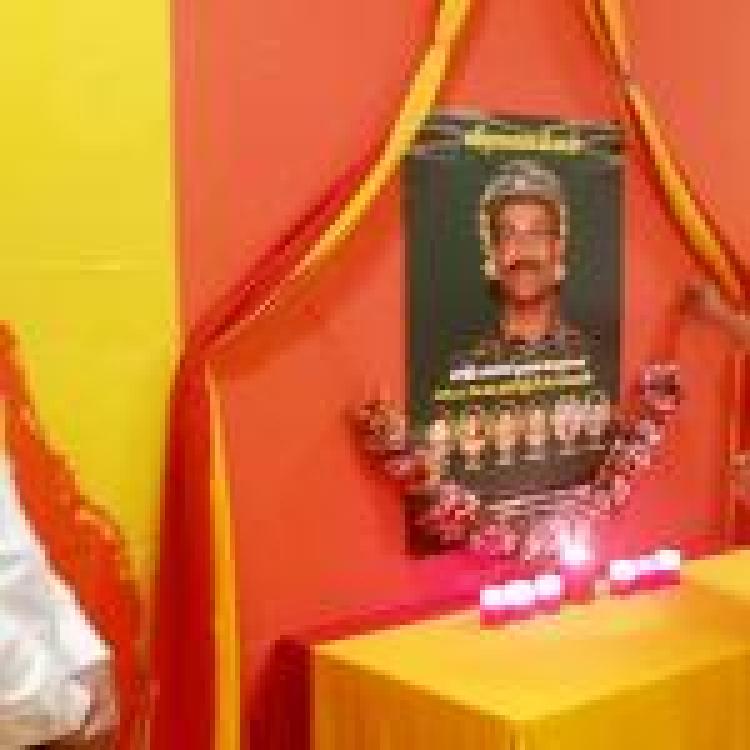
Switzerland will be holding a referendum on a controversial terrorism bill, which has been widely panned by international human rights organisations, on 13 June.
The measure, which gained parliamentary approval last year but still requires a majority via a referendum, significantly expands the powers of the police as well as the definition of “terrorism”. The bill has been criticised by 80 Swiss non-governmental organisations, over 60 law professors from Switzerland, and leading human rights organisations including the UN, Amnesty International and the International Commission of Jurists.
Among the controversial provisions, police would be able to subject people as young as 12 years old to surveillance, limit their movements, and subject them to questioning without producing evidence that said individual poses a threat. For those aged 15 or over, the police may subject them to a house arrest for up to 9 months on the suspicion that they may engage in a violent act. Critics have noted that this is in violation of the UN Convention on the Rights of the Child.
Commenting on the bill, Liz Throssell, a spokeswoman for the UN rights office, noted:
“The bill could affect a number of human rights, including freedom of movement, expression, association and peaceful assembly, as well as the right to privacy and family life”.
Similarly, the Office of the United Nations High Commissioner for Human Rights has warned that the “excessively expansive” definition of terrorist activity “sets a dangerous precedent and risks serving as a model for authoritarian governments seeking to suppress political dissent.”
Francoise Bouchet-Saulnier, the legal chief at the Doctors Without Borders charity, similarly warned against the expansive definition of the measure noting:
“Without a humanitarian exemption, the simple fact of providing humanitarian assistance or medical assistance, or to be in phone contact with an armed group could be considered as complicity and support for terrorism.”



